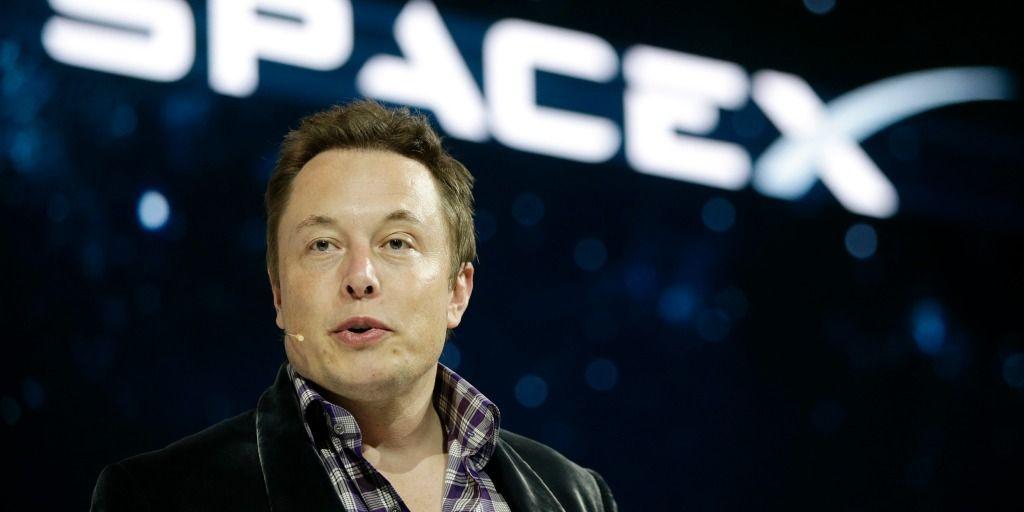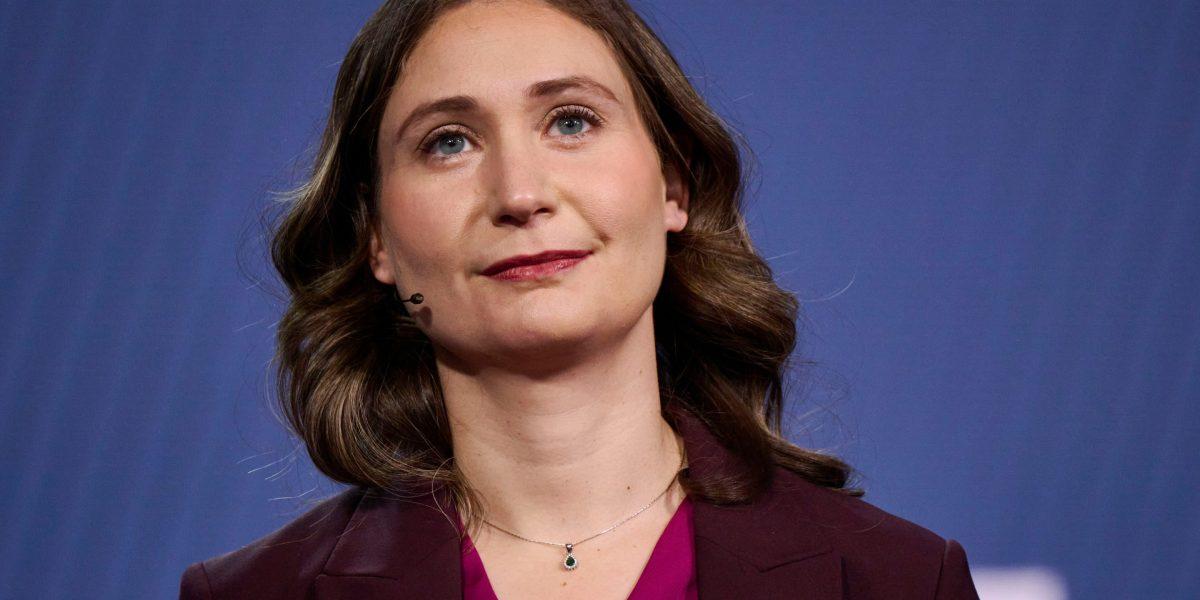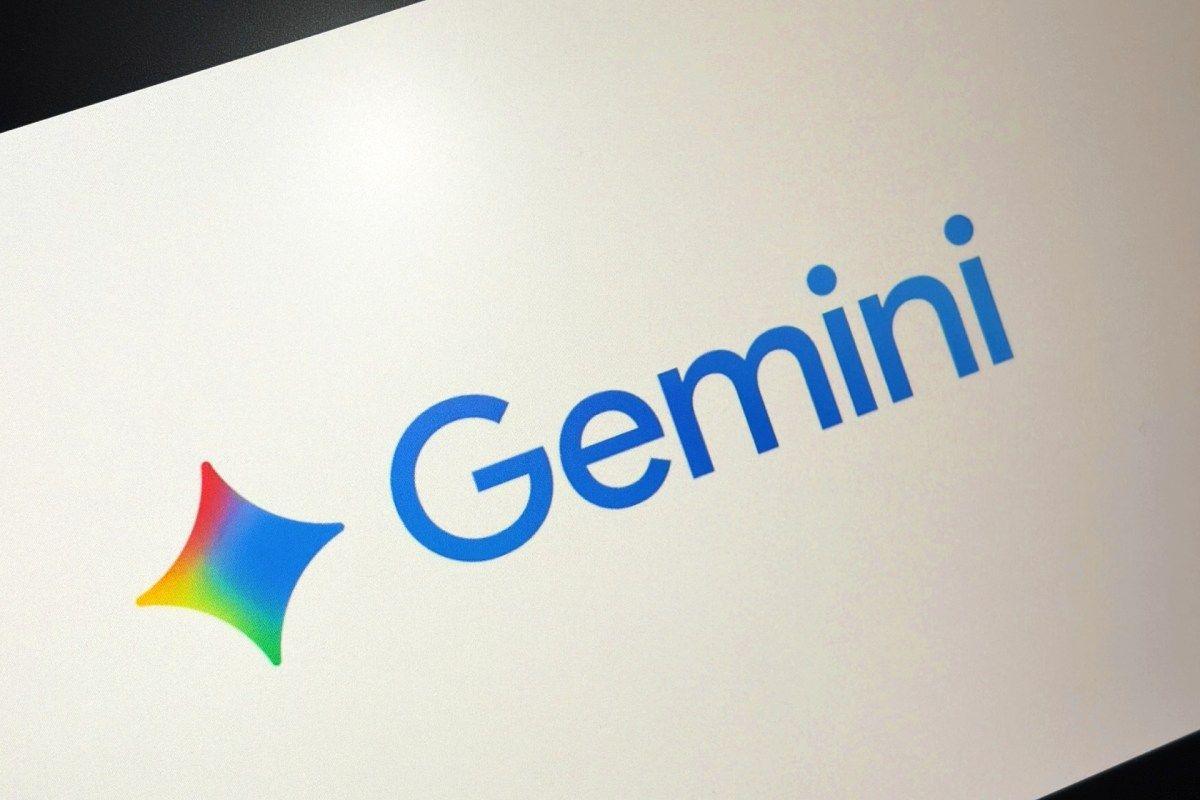Trump Approves $14 Billion TikTok Deal, Reshaping US Ownership Amid Security Concerns
3 Sources
3 Sources
[1]
Trump approves $14 billion TikTok deal backed by Oracle and MGX, but questions linger
Serving tech enthusiasts for over 25 years. TechSpot means tech analysis and advice you can trust. Bottom line: A deal is taking greater shape, but the arrangement still leaves questions over the valuation, the algorithm's oversight, and the broader geopolitical entanglements. For now, TikTok's 170 million US users are waiting to see whether Washington's latest effort to separate the app from its Chinese roots is enough to ensure its survival in the American market. President Donald Trump has signed an executive order approving a plan for a group of US and global investors to take control of TikTok's American operations, a move intended to satisfy a 2024 law that requires the divestiture of the app from its Chinese parent company, ByteDance, in order for it to continue operating in the United States. The decision temporarily delays enforcement of the ban until January 20, allowing time for the new ownership structure to be finalized. The plan envisions a new US-based TikTok company valued at roughly $14 billion, an appraisal announced by Vice President JD Vance. The valuation is less than half of TikTok's commonly cited market value, which analysts have estimated as high as $40 billion without its proprietary algorithm. ByteDance itself was most recently valued at more than $330 billion, based on a private share buyback disclosed last month. Under the executive order, ByteDance would reduce its stake to less than 20 percent, in compliance with US law. A coalition led by Oracle, the private equity firm Silver Lake, and Abu Dhabi-based MGX is expected to hold around 45 to 50 percent of the American entity, people familiar with the matter told Reuters. Existing ByteDance investors, among them Susquehanna International Group, General Atlantic, and KKR, would retain approximately 30 percent. Additional prominent investors, including Michael Dell of Dell Technologies and Rupert Murdoch through Fox Corporation, are expected to join the new ownership group, Trump has said. The executive order specifies that the app's recommendation algorithm, regarded as its most valuable asset, would be licensed to the new US company and retrained under the supervision of security partners. However, questions remain over how control over this technology will be defined. Alan Rozenshtein, a law professor at the University of Minnesota, told Reuters the order leaves open whether ByteDance would retain influence over the algorithm itself. Michael Sobolik of the Hudson Institute told the New York Times that the administration's language on "intense monitoring" suggested Beijing could continue to wield indirect control. Trump, who has 15 million followers on TikTok and credited the platform with boosting his reelection campaign, said Chinese President Xi Jinping signaled acceptance of the arrangement in a recent call. "We had a good talk," Trump told reporters, adding that Xi said he was supportive of the US plan. On Capitol Hill, Republican lawmakers have said they want assurances the deal creates a clean break from Beijing. Representatives Brett Guthrie, Gus Bilirakis, and Richard Hudson issued a joint statement warning that any arrangement must ensure "American users are protected from the influence and surveillance of CCP-aligned groups." Representative John Moolenaar, chair of the House Select Committee on China, echoed concerns that granting TikTok only a licensed version of the algorithm could still leave "control or influence" in Chinese hands. The potential role of MGX, an Emirati investment firm, adds a further layer of geopolitical complexity. MGX's participation is the latest in a series of high-dollar commitments by the United Arab Emirates to US ventures linked to Trump and his allies. Earlier this year, the Trump administration agreed to sell the Emiratis 500,000 advanced artificial intelligence chips for data center development, a reversal from restrictions imposed by the Biden administration. Oracle is also planning a $20 billion data center project in the UAE, while Silver Lake has invested in G42, an Emirati AI company connected to those same projects. Democrats in Congress have raised questions about whether the Emirati investments and parallel agreements involving high-end chips intersect improperly with the TikTok negotiations. Two Democratic senators have formally requested ethics reviews from inspectors general at the Departments of Commerce and State. The White House has positioned Trump's executive order as a legal certification that TikTok's new structure will qualify as a divestiture under the 2024 statute. Six of the seven board seats on the US TikTok company would be held by American investors, with one reserved for a ByteDance appointee, a senior administration official told Reuters. Trump has portrayed the outcome as a definitive shift in control. "This is going to be American-operated all the way," he said.
[2]
Trump Says China's Xi Has Approved Of Proposed Deal Putting TikTok Under U.S. Ownership
WASHINGTON (AP) -- President Donald Trump has signed an executive order that he says will allow TikTok to continue operating in the United States in a way that meets national security concerns laid out by the law. President Joe Biden signed legislation last year calling for China's ByteDance to sell TikTok's assets to an American company by early this year or face a nationwide ban, but Trump has repeatedly signed orders that have allowed TikTok to keep operating in the U.S. as his administration tries to reach an agreement for the sale of the social media company. Much is still unknown about the actual deal in the works, but Trump said Thursday that Chinese leader Xi Jinping has approved it. Any major change to the popular video platform could have a huge impact on how Americans -- particularly young adults and teenagers -- consume information online. About 43% of U.S. adults under the age of 30 say they regularly get news from TikTok, higher than any other social media app including YouTube, Facebook and Instagram, according to a Pew Research Center report published Thursday. Under the terms of the deal that have so far been revealed by the White House, the app will be spun off into a new U.S. joint venture owned by a consortium of American investors -- including Oracle and investment firm Silver Lake Partners. Though the details have yet to be finalized, the investment group's total stake in the new venture would be around 80%, while ByteDance is expected to have a 20%, or smaller, stake in the entity. The board running the new platform would be controlled by U.S. investors. ByteDance will be represented by one person on the board, but that individual will be excluded from any security matters or related committees. TikTok's new owners include many whose business or political interests are tied to Trump, including Oracle co-founder Larry Ellison and Rupert Murdoch, raising questions about whether political influence will be exerted into the platform. Although he stepped down as Oracle's CEO more than a decade ago, Ellison remains heavily involved in its operations, as chairman and chief technology officer. Now 81, he could be in line to become a behind-the-scenes media power player, having already helped finance Skydance's recently completed $8 billion merger with Paramount, a deal engineered by his son, David. Trump also mentioned Dell founder Michael Dell will be an investor in the new venture. The recommendation algorithm that has steered millions of users into an endless stream of video shorts has been central in the security debate over TikTok. China previously maintained the algorithm must remain under Chinese control by law. But a U.S. regulation that Congress passed with bipartisan support said any divestment of TikTok must mean the platform cut ties with ByteDance. American officials previously warned the algorithm -- which is a complex system of rules and calculations that platforms use to deliver content to your feed -- is vulnerable to manipulation by Chinese authorities, who can use it to shape messaging on the platform in a way that's difficult to detect, but no evidence has ever been presented by U.S. officials showing that China has attempted to do so. Trump, during his first term, signed an executive order attempting to ban the app if it didn't split off its U.S. business, warning that TikTok's "data collection threatens to allow the Chinese Communist Party access to Americans' personal and proprietary information." Trump has since changed his approach to TikTok, often citing its role in helping him reach young voters in the 2024 presidential election. Although the details remain unclear, a Trump administration official said that a licensed copy of the ByteDance created algorithm -- retrained solely with U.S. data -- will power the new U.S. version of the app. Administration officials say this retraining effort will nullify any risk of Chinese interference and influence. Vice President J.D. Vance said "we wanted to keep TikTok operating" but address security concerns so that "Americans can use TikTok but use it with more confidence than they had in the past." Young people especially "really wanted this to happen," Trump said during the signing ceremony. That makes it unclear if the U.S. version of TikTok will be a different experience than what users in the rest of the world are used to. Any noticeable changes made to a social media platform's service raises the risk of alienating its audience, said Jasmine Enberg, an analyst for the research firm eMarketer. In a prime example of how a change of control can reshape a once-popular social media platform, billionaire Elon Musk triggered an almost immediate backlash after he completed his takeover of Twitter nearly three years ago. But Musk made extremely visible changes, including changing its name to X, pulling back on its content moderation and adding exclusive features for paid subscribers. The changes that gradually occur while different data is fed into the U.S. copy of TikTok's algorithm could be subtle and unnoticeable to most of its audience. "Social media is just as much about the culture as it is the technology, and how users will take to new ownership and potentially a new version of the app is still an open question," Enberg said. Beijing once called the demand that TikTok be spun off from its Chinese parent company an act of "robbery," but Chinese officials changed their tune as the U.S.-China trade war progressed. Following the announcement of a possible TikTok framework deal after U.S.-China trade talks in Spain, some observers believed that China was able to extract concessions from the U.S. on loosening trade restrictions in exchange for the TikTok deal. Others believe China was willing to do so to pave the way for a meeting between Xi and Trump. A TikTok deal would allow China to keep the ball rolling on trade negotiations, said Sun Yun, director of the China program at the Washington-based think tank Stimson Center. "TikTok alone does not compare with the importance of an amicable U.S.-China relations and the positive momentum that prevents many negative development from happening." Dimitar Gueorguiev, associate professor of political science at Syracuse University, said TikTok has become an "expendable concession" to Beijing because it is no longer a disruptive newcomer as it was five years ago. TikTok's highly personalized "For You" video feed was seen as its secret sauce five years ago, when Trump first threatened to ban the app, but Instagram and other rivals now work similarly. Gueorguiev argues that Beijing is more interested in retaining access to U.S. technology and services, at least in the short term, so it can build up self-sufficiency in semiconductor, artificial intelligence and advanced manufacturing. "That is the front line of technological competition," Gueorguiev said. "TikTok, by contrast, is a maturing consumer app with diminishing strategic weight."
[3]
Trump signs executive order supporting proposed deal to put TikTok under U.S. ownership
WASHINGTON -- U.S. President Donald Trump signed an executive order Thursday that he says will allow TikTok to continue operating in the United States in a way that meets national security concerns. Trump's order will enable an American-led of group of investors to buy the app from China's ByteDance, though the deal is not yet finalized and also requires China's approval. Much is still unknown about the actual deal in the works, but Trump said at a White House signing ceremony Thursday that Chinese leader Xi Jinping has agreed to move forward with it. Vice President JD Vance added that "there was some resistance on the Chinese side, but the fundamental thing that we wanted to accomplish is that we wanted to keep TikTok operating, but we also wanted to make sure that we protected Americans' data privacy as required by law." The Chinese embassy in Washington didn't immediately respond to an Associated Press inquiry seeking confirmation of China's approval. U.S. President Joe Biden signed legislation passed by Congress last year that would ban TikTok unless ByteDance sold its U.S. assets to an American company by early this year. Trump has repeatedly signed orders that have allowed TikTok to keep operating in the U.S. as his administration tries to reach an agreement for the sale of the company. The executive order itself is a declaration by the president that the proposed deal meets the security concerns laid out in that law. And it gives all negotiating parties an additional 120-day reprieve in order to finalize it. Young people especially "really wanted this to happen," Trump said. Any major change to the popular video platform could have a huge impact on how Americans -- particularly young adults and teenagers -- consume information online. About 43 per cent of U.S. adults under the age of 30 say they regularly get news from TikTok, higher than any other social media app including YouTube, Facebook and Instagram, according to a Pew Research Center report published Thursday. Trump said in response to a question that he would make the American-controlled TikTok "100 per cent MAGA" if he felt he could, but he intends for "every philosophy, every policy" to be "treated right." Vance said the deal ensures that "American investors will actually control the algorithm" that determines the content seen on the social media app. He said more information about the deal will be revealed in the coming weeks. Under the terms of the deal that have so far been revealed by the White House, the app will be spun off into a new U.S. joint venture owned by a consortium of American investors -- including tech giant Oracle and investment firm Silver Lake Partners. Though the details have yet to be finalized, the investment group's controlling stake in the new venture would be around 80 per cent. While ByteDance is expected to have a stake in the new venture, it would be less than 20 per cent -- a portion of the ownership reserved for foreign investors. The board running the new platform would be controlled by U.S. investors. ByteDance will be represented by one person on the board, but that individual will be excluded from any security-related matters. TikTok's new owners include many whose business or political interests are tied to Trump, including Oracle co-founder Larry Ellison and Rupert Murdoch, raising questions about whether political influence will be exerted into the platform. Although he stepped down as Oracle's CEO more than a decade ago, Ellison remains heavily involved as chairman and chief technology officer. Now 81, he could be in line to become a behind-the-scenes media power player, having already helped finance Skydance's recently completed merger with Paramount, a deal engineered by his son, David. Trump said Dell founder Michael Dell will also be an investor in the new venture. TikTok users could now "get the editorial policies of the people who now have control of the company," said David Greene, civil liberties director of the Electronic Frontier Foundation. "It won't be 100 per cent MAGA. The question is how it will treat criticism of him and people he likes." The recommendation algorithm that has steered millions of users into an endless stream of video shorts has been central in the security debate over TikTok. China previously maintained the algorithm must remain under Chinese control by law. But a U.S. regulation that Congress passed with bipartisan support said any divestment of TikTok must mean the platform cut ties with ByteDance. American officials previously warned the algorithm -- which is a complex system of rules and calculations that platforms use to deliver content to your feed -- is vulnerable to manipulation by Chinese authorities, but no evidence has ever been presented by U.S. officials showing that China has attempted to do so. Trump's order says that a licensed copy of ByteDance's algorithm -- "retrained" solely with U.S. data -- will power the new U.S. version of the app. The joint venture will control and monitor the code and all content-moderation decisions. Administration officials say the retraining will nullify any risk of Chinese interference and influence. It's not clear if the U.S. version of TikTok would be a different experience than what users in the rest of the world are used to. Any noticeable changes made to a social media platform's service raises the risk of alienating its audience, said Jasmine Enberg, an analyst for the research firm eMarketer. In a prime example of how a change of control can reshape a once-popular social media platform, billionaire Elon Musk triggered an almost immediate backlash after he completed his takeover of Twitter nearly three years ago. But Musk made extremely visible changes, including changing its name to X, pulling back on its content moderation and adding exclusive features for paid subscribers. The changes that gradually occur while different data is fed into the U.S. copy of TikTok's algorithm could be unnoticeable to most of its audience. "Social media is just as much about the culture as it is the technology, and how users will take to new ownership and potentially a new version of the app is still an open question," Enberg said. Beijing once called the demand that TikTok be spun off from its Chinese parent company an act of "robbery," but Chinese officials changed their tune as the U.S.-China trade war progressed. A TikTok deal would allow China to keep the ball rolling on trade negotiations, said Sun Yun, director of the China program at the Washington-based think tank Stimson Center. "TikTok alone does not compare with the importance of amicable U.S.-China relations." Dimitar Gueorguiev, associate professor of political science at Syracuse University, argues that Beijing is more interested in retaining access to U.S. technology and services, at least in the short term, so it can build up self-sufficiency in semiconductor, artificial intelligence and advanced manufacturing. "That is the front line of technological competition," Gueorguiev said. "TikTok, by contrast, is a maturing consumer app with diminishing strategic weight."
Share
Share
Copy Link
President Trump signs an executive order approving a deal for US investors to take control of TikTok's American operations, addressing national security concerns and potentially reshaping the popular social media platform's future in the United States.
Trump Approves TikTok Deal Amid National Security Concerns
President Donald Trump has signed an executive order approving a $14 billion deal that would allow TikTok to continue operating in the United States under new ownership
1
2
3
. This move aims to address national security concerns raised by a 2024 law requiring the divestiture of the app from its Chinese parent company, ByteDance1
.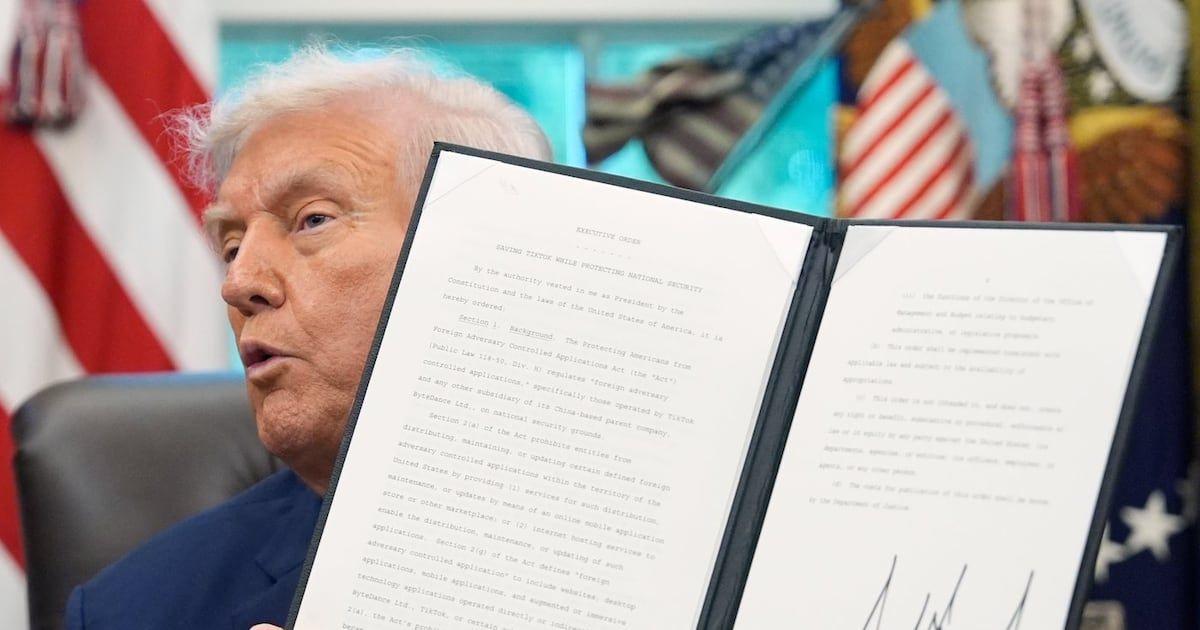
Source: BNN
New Ownership Structure and Valuation
The deal envisions a new US-based TikTok company valued at approximately $14 billion, significantly lower than previous estimates of up to $40 billion
1
. Under the proposed structure:- ByteDance would reduce its stake to less than 20%
1
2
- A consortium led by Oracle, Silver Lake, and Abu Dhabi-based MGX would hold 45-50%
1
- Existing ByteDance investors would retain about 30%
1
- Additional investors, including Michael Dell and Rupert Murdoch, are expected to join
1
2
Algorithm and Security Measures
The executive order specifies that TikTok's recommendation algorithm, considered its most valuable asset, would be licensed to the new US company and retrained under security partners' supervision
1
. However, questions remain about the extent of control over this technology and whether ByteDance would retain influence1
.Political and Geopolitical Implications
Trump, who has 15 million TikTok followers, stated that Chinese President Xi Jinping has signaled acceptance of the arrangement
1
2
. However, Republican lawmakers are seeking assurances of a clean break from Beijing1
. The involvement of MGX, an Emirati investment firm, adds further geopolitical complexity, with some Democrats calling for ethics reviews of related agreements1
.Related Stories
Impact on Users and Content
TikTok's popularity among young Americans has made it a significant source of news and information. About 43% of U.S. adults under 30 regularly get news from TikTok, surpassing other social media platforms
2
. The proposed changes raise questions about potential shifts in content moderation and user experience2
.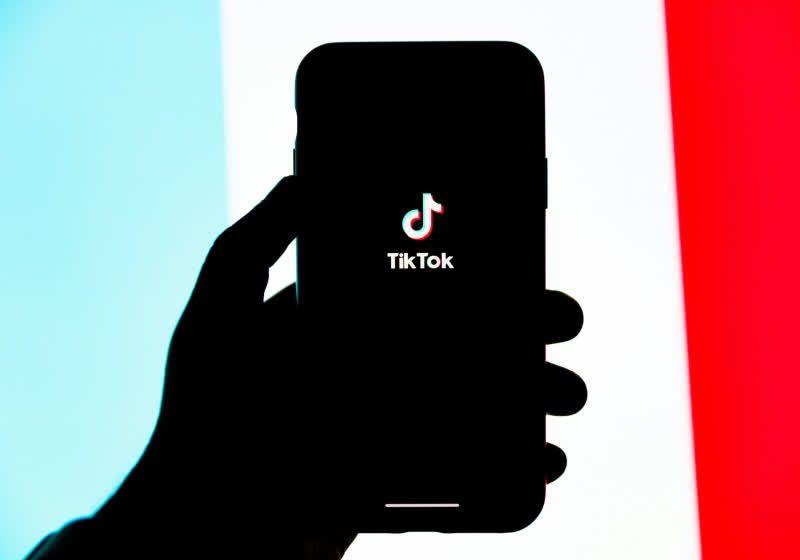
Source: TechSpot
Ongoing Concerns and Scrutiny
Despite the executive order, concerns persist about data privacy, Chinese influence, and the political connections of the new ownership group
1
2
3
. The deal's final details are yet to be revealed, and its implementation will be closely watched by lawmakers, users, and international observers1
2
3
.As the situation continues to evolve, the future of TikTok in the United States remains a complex issue at the intersection of technology, national security, and international relations.
References
Summarized by
Navi
Related Stories
TikTok's Algorithm Licensing Deal: A New Chapter for US Operations
17 Sept 2025•Technology
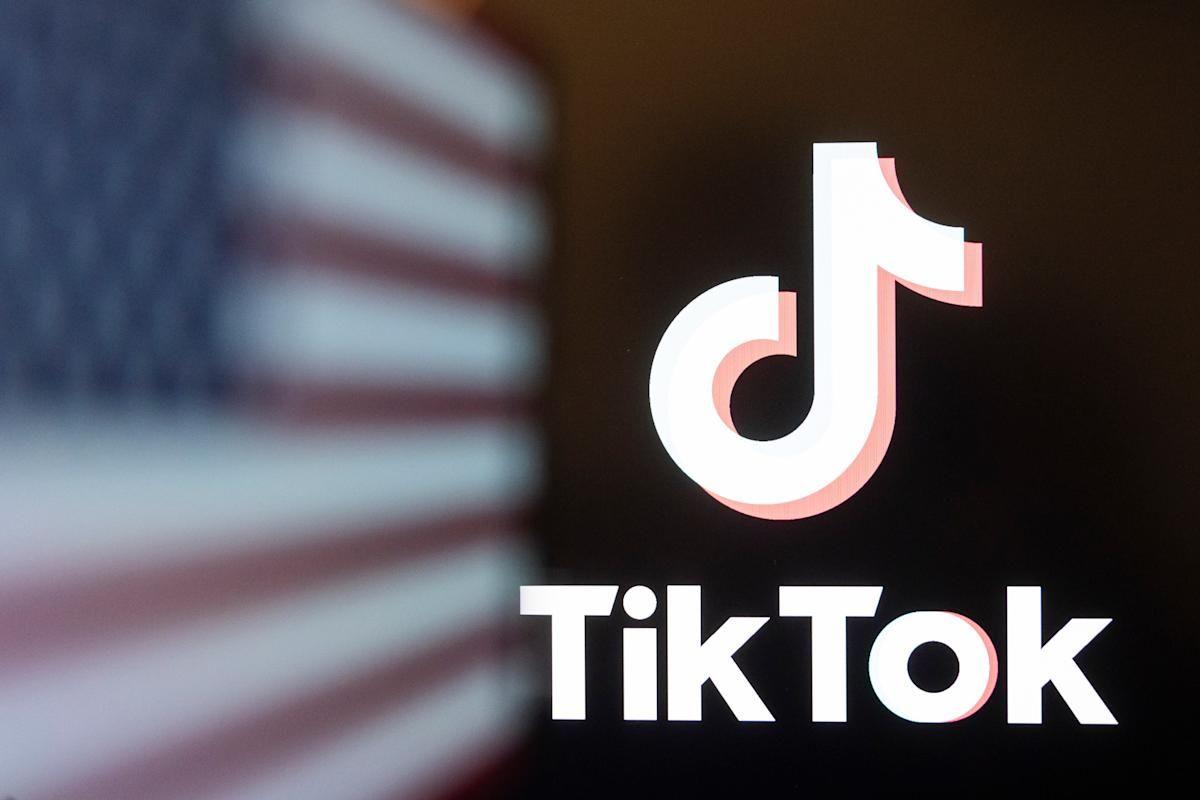
TikTok deal finalizes as ByteDance divests US operations to American investors
23 Jan 2026•Business and Economy

Trump Extends TikTok Ban Deadline, Raising Questions About App's Future in the US
17 Jun 2025•Policy and Regulation
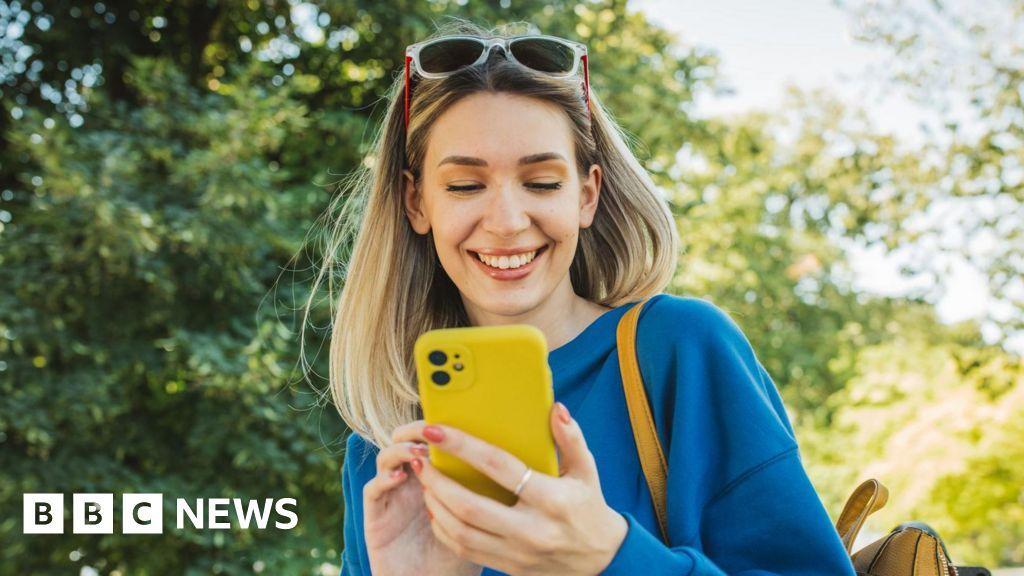
Recent Highlights
1
French Police Raid X Office as Grok Investigation Expands to Include Holocaust Denial Claims
Policy and Regulation

2
OpenAI launches Codex MacOS app with GPT-5.3 model to challenge Claude Code dominance
Technology

3
Anthropic releases Claude Opus 4.6 as AI model advances rattle software stocks and cybersecurity
Technology


